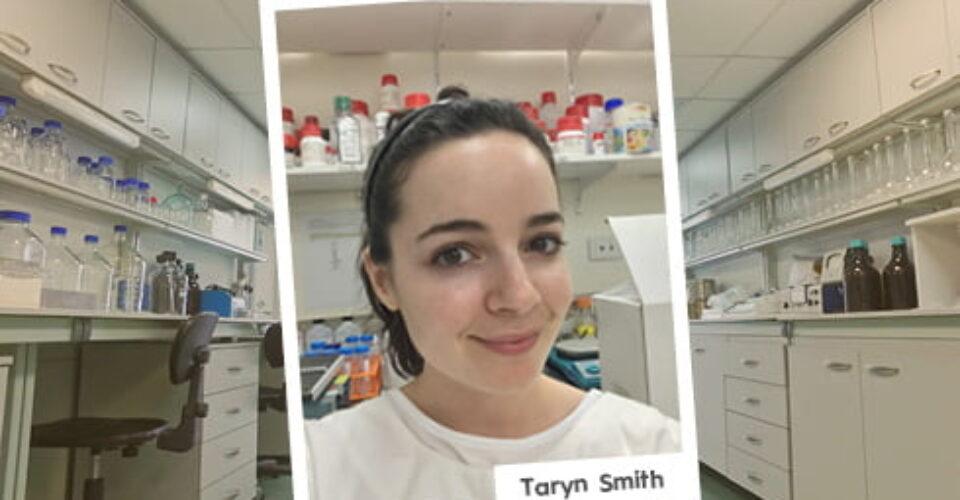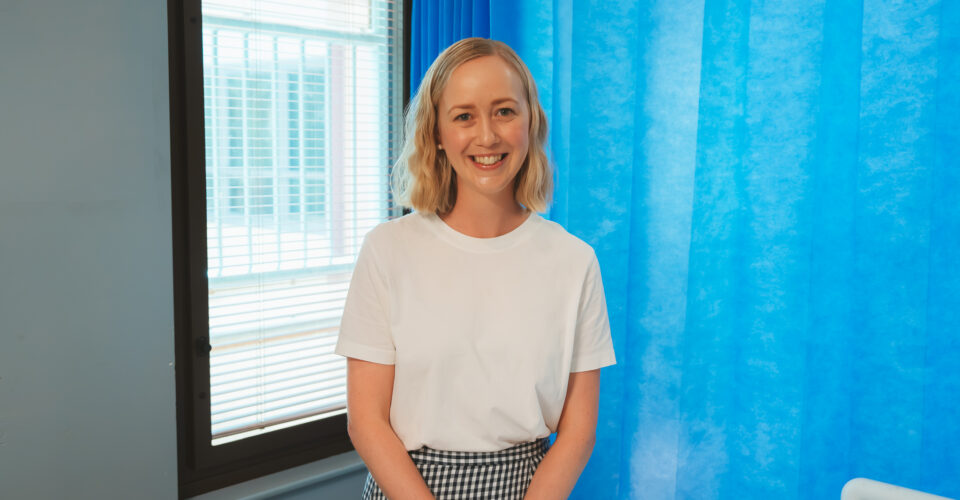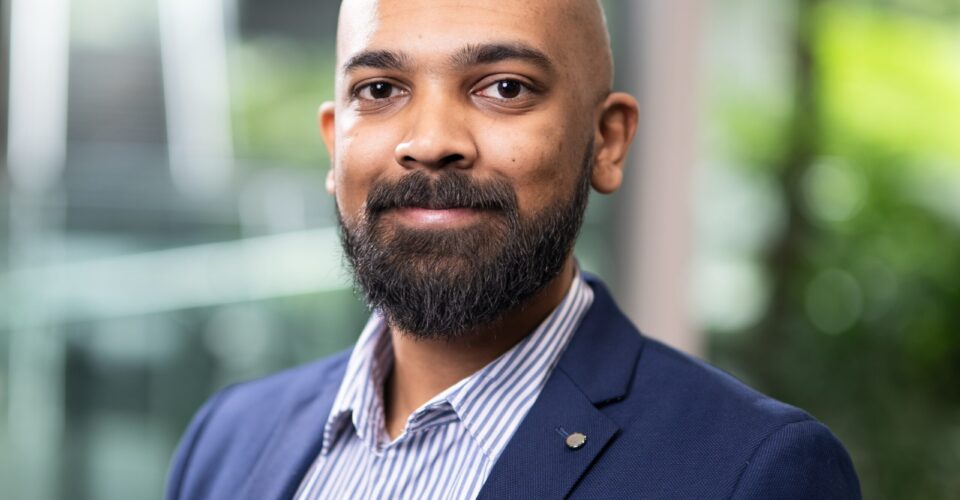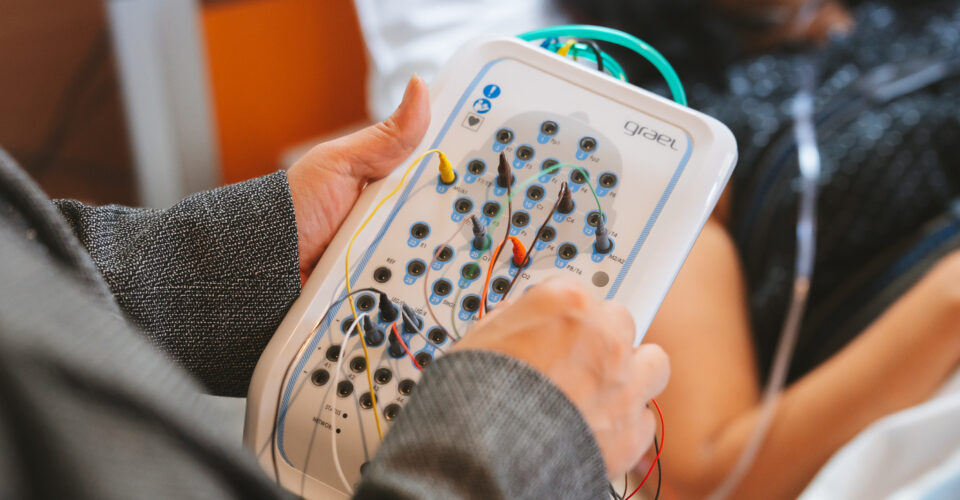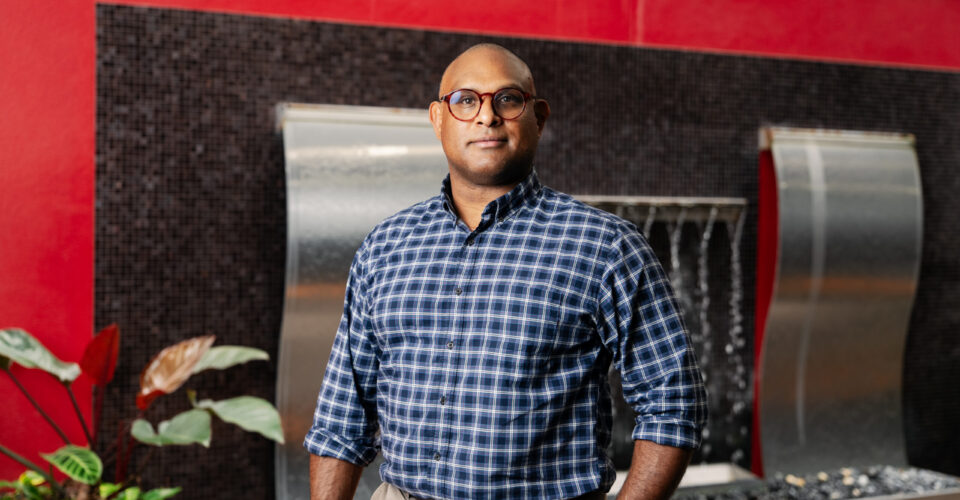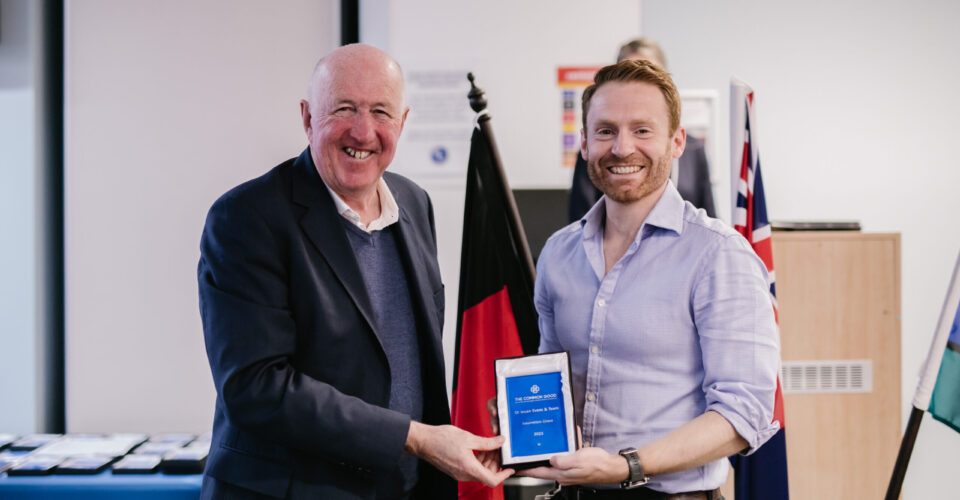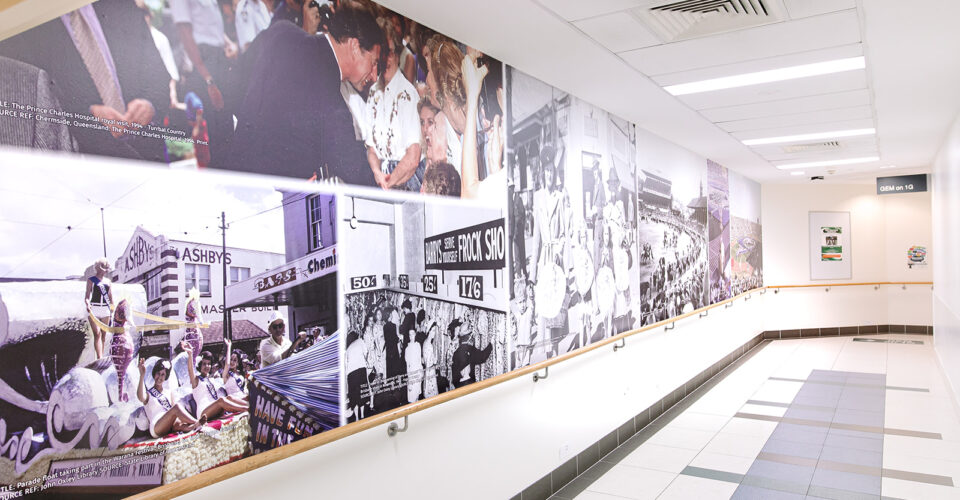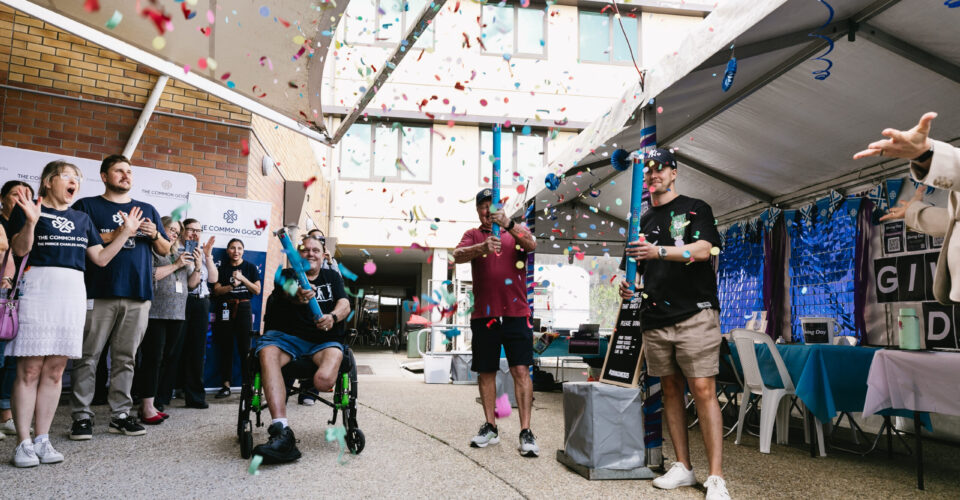Empire Industrial Estate know the value of medical discoveries, which is why they have adopted this research area!

Heart transplant recipient and Company Director Tony Stephens is living proof of the value that medical research provides. After receiving a heart transplant at age 34, Tony knew that he had received a precious gift.
“Walking out of the hospital, the fresh air is again even better than winning the lottery, it’s freedom… You can’t put a price on it – you walk out into a brand-new world and it’s all fresh. It’s all new and you get a proper second chance of life.”
In the spirit of giving back, Empire Industrial Estate have decided to champion the research funding of Taryn Smith’s project into developing a suture-less cannula for artificial heart pumps.
When people are suffering from end-stage heart failure, their only options are to receive a heart transplant or to have an artificial heart pump inserted.
Due to the shortage of suitable organs in Australia, the waiting time for a new heart can take anywhere between a few weeks to a few years. While patients in need of a new heart wait, many rely on a technology called a ventricular assist device (VAD), which helps to keep the heart working until a suitable donor becomes available. It is essentially a small, implantable pump that keeps blood flowing throughout the body.
While life-saving, this technology still comes with its complications. A critical component of VAD function is the connection between the patient and the device, known as the inflow cannula (see picture).

Our researchers, including Taryn, are currently working on an innovative suture less cannula, with the goal of easily connecting a VAD to the heart and reducing the hour-long surgery to just a few minutes. Reduced surgery time means a lower chance of life-threating complications and a much safer surgery.
Taryn is working on a project to optimise the integration of the suture-less cannula into the heart using 3D printing technology and tissue scaffolding. Essentially, a 3D printed mesh will form a frame for the patient’s own tissue to grow on around the cannula entry point into the heart. It is hoped that this natural tissue lining will reduce infections and risk of stroke, and integrate smoothly with the patient’s body.
With a lower chance of having life-threatening complications after surgery, Taryn’s research could improve the lives of the thousands of patients.
Support The Common Good here
